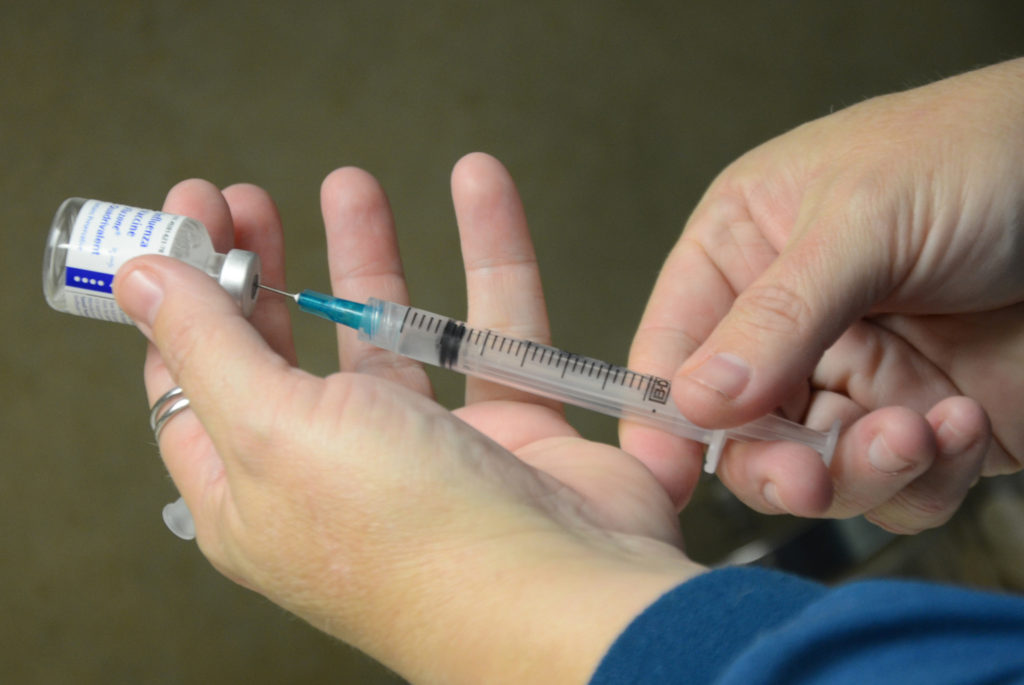
Can Ornish Lifestyle Medicine Reverse Diabetic Neuropathy?
Photo Credit: Ben Hartley, via Unsplash.com
Neuropathy, simply put, is damage to the nerves. It can happen in any part of the body, but the feet are the most common place in diabetics. People often feel an odd combination of burning, pain and numbness.
Most experts now say that medication cannot treat diabetes alone
Traditionally, doctors have thought that Diabetic Neuropathy was irreversible. This was also true with heart disease 40 years ago when we started doing the research that proved that Ornish Lifestyle Medicine could reverse heart disease. Emerging research, and many neurologists, are now classifying neuropathy into three categories: reversible, partially reversible and almost impossible to reverse.
The challenges with reversing Diabetic Neuropathy fall into two main categories. The first is whether or not the cause of the condition can be turned off. The second is whether or not the damage that has been done to the nerves can be repaired.
Diabetic Neuropathy has many causes that are related to each other. When we look at turning off the cause, we need to look at five main areas:
- Normalizing blood sugar
- Decreasing inflammation
- Decreasing oxidation
- Increasing microcirculation
- Correcting nutritional deficiencies
Sugar
Sugar is directly toxic to blood vessels. Too much sugar inside cells is also damaging to those cells, especially to the nerves and eyes.
Inflammation
Inflammation both shrinks the blood vessels and damages the nerves. Sugar is also a big factor in inflammation.
Oxidation
A diet low in antioxidants, which are found mostly in fruit and vegetables, is another cause. This deficiency creates a backload of wastes called reactive oxygen species (ROS), or oxidation. Oxidation also damages the nerves and blood vessels.
Blood Flow
Decreased blood flow when you have clogged blood vessels and heart disease leads to more nerve damage.
Nutritional Deficiencies
Many nutrients are related to neuropathy. There are also many studies that have looked at the role of specific nutrients in the reversal of diabetic neuropathy. Alpha Lipoic Acid has been well-studied and so has Vitamin B12 (which the drug metformin can deplete). Others include Taurine and Vitamin D.
Researchers are also exploring the food sources of aldose reductase inhibitors; these may improve the damage blood sugar does when it is inside the cell. Some food sources of this include spinach, black pepper and basil. There are specific nutrients that can buffer some of these challenges to the nerves early on.
The Connection Between Lifestyle and Neuropathy
So clearly what we eat and how we live has a lot to do with neuropathy. Attaining good blood sugar control is one of the most important ways to stop the cascade of changes that result in nerve damage. When you control your blood sugar through living a healthy lifestyle, this effect is especially powerful.
The reason: lifestyle changes that help control blood sugar also decrease inflammation, increase our nutrients (especially antioxidants that help keep us from ‘rusting’) and bring in more blood supply. In fact, most experts now say that medication cannot treat diabetes alone. You must also make changes to your lifestyle to adequately treat diabetes and avoid the major complications, one of which is neuropathy.
Many Patients Have Reported Improvement
The Ornish Lifestyle Medicine program has four equally weighted parts: nutrient dense plant-based eating (with lots of antioxidants), exercise (which increases blood flow), stress management (with decreases oxidative burden and increases blood flow) and group support (which in addition to making sustaining change easier also decreases oxidative burden and increases blood flow).
We have not formally studied the program’s effects on diabetic neuropathy. Many participants, however, have reported improvement in their diabetic neuropathy, which makes sense. There are many ways it would help stop the causes of and repair the damage to the nerves. We have studied the program for diabetes. Our research found that participants are able to get their hemoglobin A1C below 7 and keep it there. Hemoglobin A1C is a marker diabetics control. Most of the complications from diabetes are prevented when people are at a level of 7 or less.
Others have specifically studied a food and exercise plan very similar to Ornish Lifestyle Medicine. One group looked at 21 patients with diabetic neuropathy. The researchers found that 17 or the 21 patients had reversal of diabetic neuropathy. Others have found similar results.
Your experience of having your sensation returning is one that many diabetics have reported on the Ornish Lifestyle Program. Lifestyle can now slow, stop and even reverse conditions that we used to think of as irreversible.
What is your experience with lifestyle changes and diabetic neuropathy?








